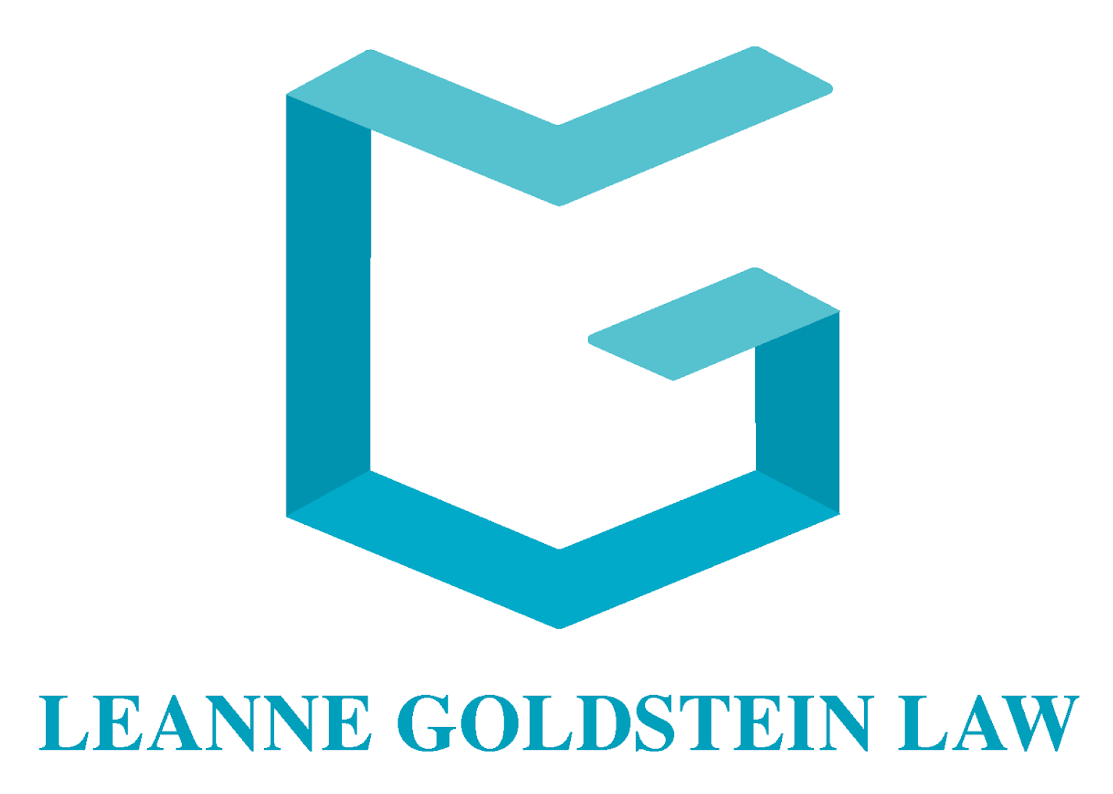We are a Canadian Disability Law Firm, and we represent individuals in several provinces in Canada. We are physically located in Ontario but offer virtual services in many Provinces.

As a Disability Law Firm, we deal with the following:
Short term and long-term disability benefits claims whether these are:
Offered under a group insurance policy provided by an employer to an employee.
Offered under a policy of insurance sold as a private, individual policy where the individual policyholder pays a premium directly to the insurance company (usually marketed to professionals and self-employed individuals).
Offered through a Benefits Trust.
The Edge Benefits.
Provider under Long Term Income Protection Plans (LTIP).
Offered through a Chambers of Commerce Plan.
Offered through the OMA or other Professional Associations.
Claims under the Public Service Management Insurance Plan.
Offered through SISIP to Canadian Armed Forces
Claims under OTIP and other insurance plans offered to teachers, educational support staff and janitorial staff.
Short- or Long-Term Disability Claims paid by an employer and adjudicated by a TPA.
A TPA or third-party administrator is an organization that manages group benefits plans on behalf of an employer.
Some examples of TPA’s include, Lifeworks, Oncidium, Organizational Solutions, Acclaim Ability Management Inc., Manion Wilkins, AGS Rehab Solutions Inc; Banyan Work Health Solutions; Gowan Consulting and many others.
Creditor Disability Insurance claims (Mortgage/Credit Cards).
Critical Illness claim denials.
Accidental Death and Dismemberment claim denials.
Life Insurance claim denials.
Disability benefits claims can be denied for many reasons. These are some of the many disputes that we have successfully dealt with over the last 20 years:
Denial of disability benefits at the outset of a claim.
Insurance Coverage issues including coverage issues arising from the termination of employment while disabled or on disability.
Denial of disability benefits due to the late filing of a claim.
Termination of disability benefits during a claim.
Denial of disability claims due to pre-existing condition exclusion clauses.
Insurer alleging that the issue is workplace related or a workplace issue rather than a disability.
Insufficient medical evidence to support disability.
The medical evidence does not meet the test for Total Disability.
There is no “objective medical evidence” to support the claim.
The symptoms are not severe enough or serious enough to qualify for disability.
Termination of disability benefits at the COD/Change of Definition.
Denial or Termination of disability benefits due to treatment non-compliance or due to a failure to follow treatment recommendations.
Termination of claim due to claimant having the necessary transferable skills to perform an alternate occupation disqualify entitlement to ongoing benefits.
Failure to participate in a rehabilitation or return to work program.
Termination of disability benefits due to surveillance or social media postings.
We have significant experience with individual insurance policies including:
Own Occupation Rider Interpretation
Business Overhead Expenses
Partial and Residual Disability Benefit Riders
Future Income Option Riders
Cost-of-Living Riders (COLA)
Lifetime Benefit Riders
Individual disability benefits claim denied based on alleged misrepresentation.
At our firm we also handle the following:
Disability related employment and Human Rights issues.
Personal Injury matters.
Advice and guidance or second opinions for unionized employees pursuing a Grievance or Arbitration relating to disability benefits (we typically offer an hourly fee retainer agreement for these matters).
We can provide resources and guidance for, but we do not typically represent clients for the following:
Canada Pension Plan Disability Benefits Claims
Ontario Disability Support Program
Employment Insurance (EI) Sickness benefits
Disability Tax Credit
Powers of Attorney or Guardianship Applications
WSIB
We do not handle:
Travel insurance claims.
Medical/Dental benefits claims.
Out of Province Coverage claims.
